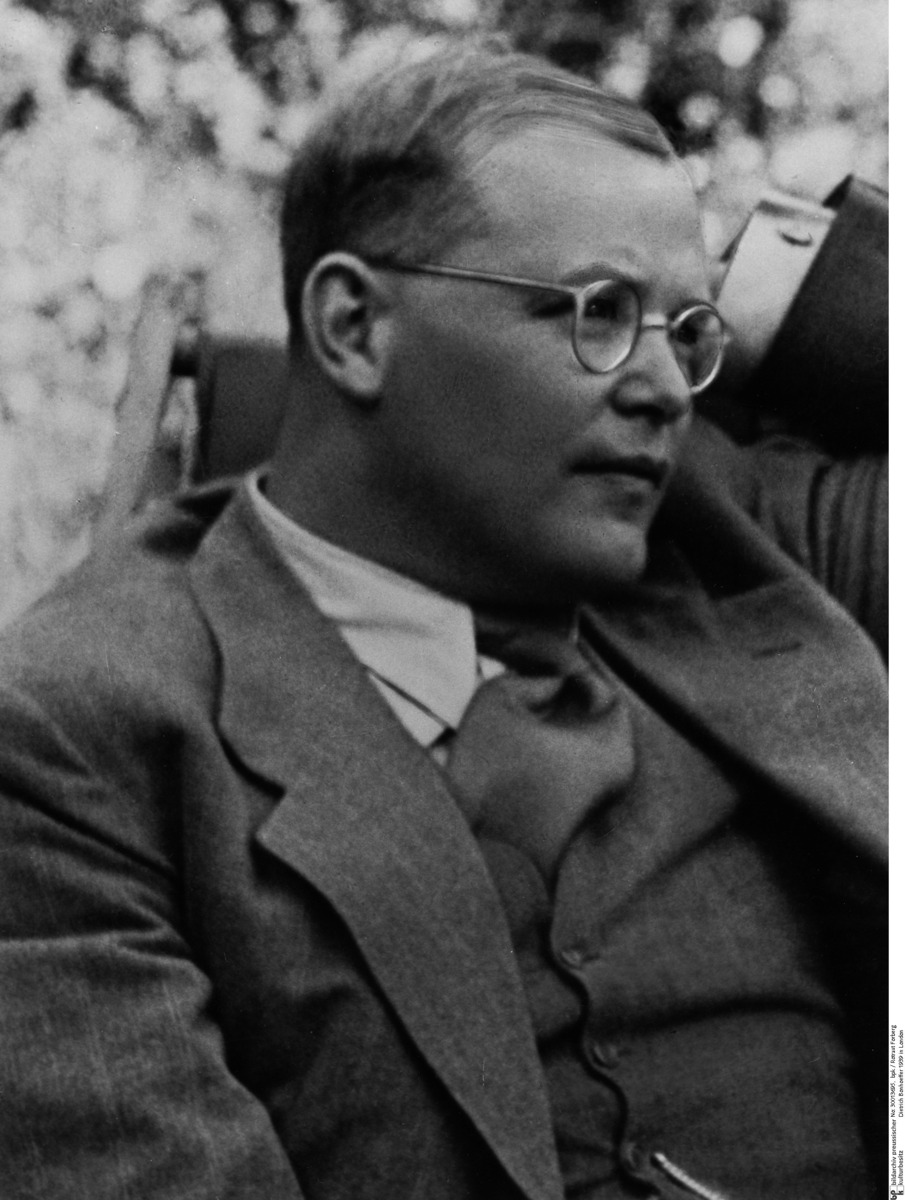Abstract
The theologian Dietrich Bonhoeffer (1906-1945) was one of the
best-known representatives of the so-called Confessing Church
[Bekennende Kirche or BK]. With a
membership base of some 3,000 pastors, the Confessing Church was the
Protestant churches’ most significant attempt at institutional
resistance to the Nazi dictatorship. The Confessing Church declared
racial ideology incompatible with Christianity, and protested state
control of ecclesiastical politics. Bonhoeffer also worked with
resistance groups in the Wehrmacht's Office of Military Intelligence. On
April 5, 1943, he was arrested and charged with undermining the strength
of the military. Two years later, he was hanged in the Flossenbürg
concentration camp on April 9, 1945. Today he is known chiefly for the
memorandum "Who Can Resist Temptation?" (December 1942), in
which he called on the German people to show courage and take
responsibility before themselves and God.
